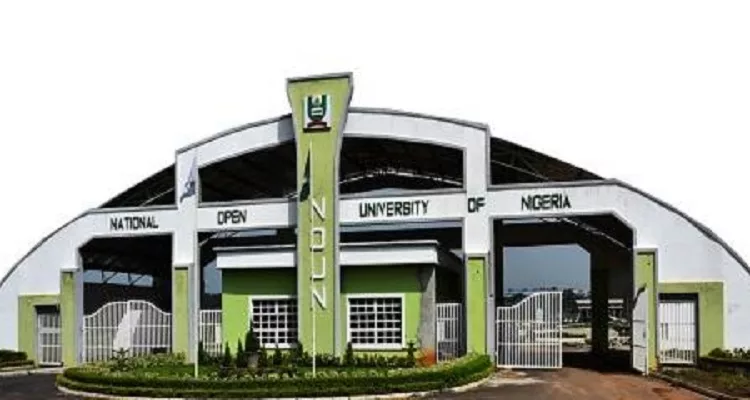The newly established Edo State Diaspora Agency has finalized plans to create a comprehensive database of Edo indigenes residing abroad, aiming to better serve the diaspora community and foster development back home.
Dr. Loretta Ogboro-Okor, the Director-General of the agency, made the announcement at a press conference in Benin City on Thursday.
According to Dr. Ogboro-Okor, the creation of this database aligns with the agency’s core objectives and is crucial for effective planning and implementation of policies beneficial to Edo citizens living abroad.
“With this database of our people abroad, we want to bring everyone together in a portal with each person’s registered code number. We will be able to identify where every Edo indigene resides, and that will help us strengthen relations and foster growth and development back home,” she explained.
Related News: Okpebholo Appoints Dr. Loretta Ogboro-Okor to Lead Diaspora Agency
The agency aims to act as a vital link between the Edo diaspora and the state government, leveraging their skills, experience, and resources for the betterment of the state. “This agency will work tirelessly to create sustainable channels for engagement, collaboration, and investment between the diaspora and our local institutions,” Dr. Ogboro-Okor added.
Beyond creating the database, the agency will also focus on addressing the welfare concerns of Edo indigenes abroad, acknowledging the challenges they often face. A key objective is to ensure the continued growth of diaspora remittances and investments flowing into Edo State.
The Director-General further highlighted the agency’s commitment to tackling irregular migration and human trafficking, issues that disproportionately affect Edo State.
Related News: Edo Assembly Approves Okpebholo’s Loan Recovery Effort, Appoints Minority Leadership
“We understand the challenges with human trafficking in Edo, so we will work with other MDAs to develop strong and lasting solutions to the problem.
“In many countries, we have our people in prisons for various reasons; others trafficked are refusing rescue due to deep psychological issues. Edo often accounts for about 40 to 60 percent of returned migrants. Plans are in place to engage stakeholders and rescue more victims,” she stated.
Dr. Ogboro-Okor expressed her gratitude to the state government for the opportunity to lead the agency and commended the Edo diaspora for their resilience, patriotism, and unwavering commitment to the state’s growth.
The press conference was attended by representatives from the International Organization for Migration (IOM), the National Agency for the Prohibition of Trafficking in Persons (NAPTIP), the Nigerian Immigration Services, and various other stakeholders, demonstrating a collaborative approach to addressing the challenges and opportunities facing the Edo diaspora.

